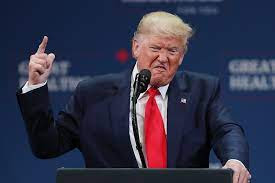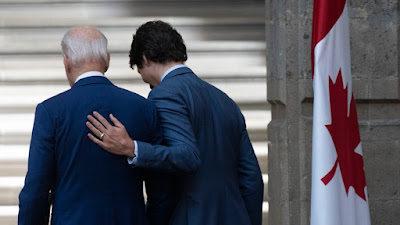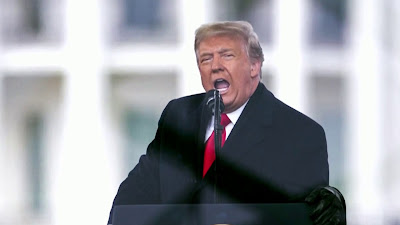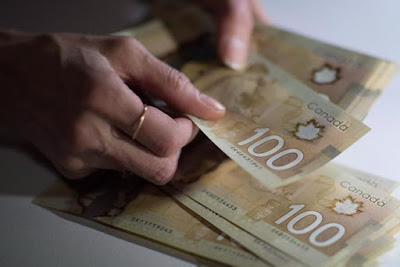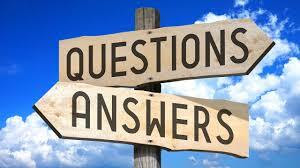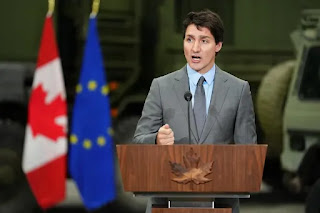Yesterday, a grand jury in Manhattan indicted Donald Trump. Trump called the indictment "unthinkable." Apparently not. Jennifer Rubin writes:
Manhattan District Attorney Alvin Bragg made history on Thursday, indicting a former U.S. president for the first time. The indictment is under seal. From all indications, however, former president Donald Trump was indicted for falsification of business records (a crime regularly prosecuted under New York law), beginning before the 2016 election. (The hush-money payments continued during his presidency.) If news reports are correct that Trump was indicted for a felony, Bragg will have cited another crime that Trump allegedly furthered through bookkeeping shenanigans.
Former prosecutor Andrew Weissmann, part of special counsel Robert S. Mueller III’s investigation of Trump, told me, “This is the first step in true legal accountability. But it will be important to remember that the rule of law requires us to presume him innocent now that he is a criminal defendant.”
Contrary to some commentators’ argument that New York law might be preempted by federal law, a Just Security report makes clear that plenty of state laws are not preempted, including “a limitation on corporate contributions to federal campaigns; a violation of consumer protection laws … and fraudulent transfers of donations from PACs ostensibly founded to support presidential campaigns.” Bragg has a strong case that Trump’s attempt to conceal hush money is precisely the sort of skulduggery that states can pursue.
No one knows what is contained in the indictment. Rumour has it that Trump faces indictment on over thirty counts. Republican reaction has been predictable. They have fallen behind Trump and aped his outrage.
Rubin writes that justice has been served. We'll have to wait to see if it is done.
Image:
